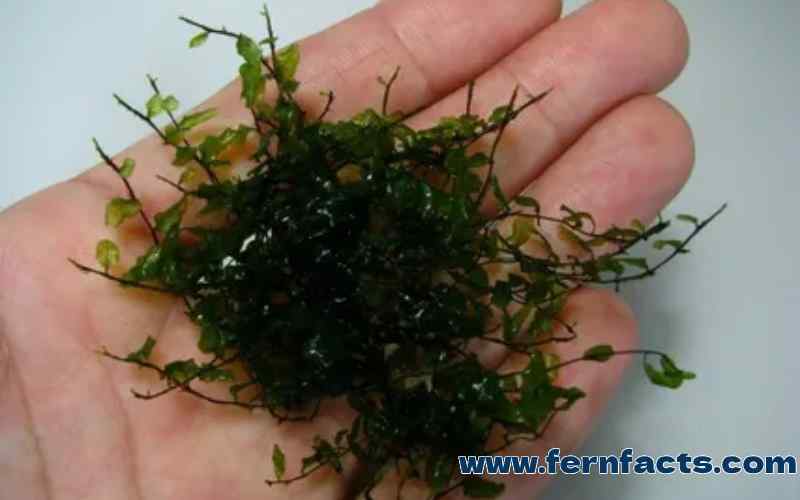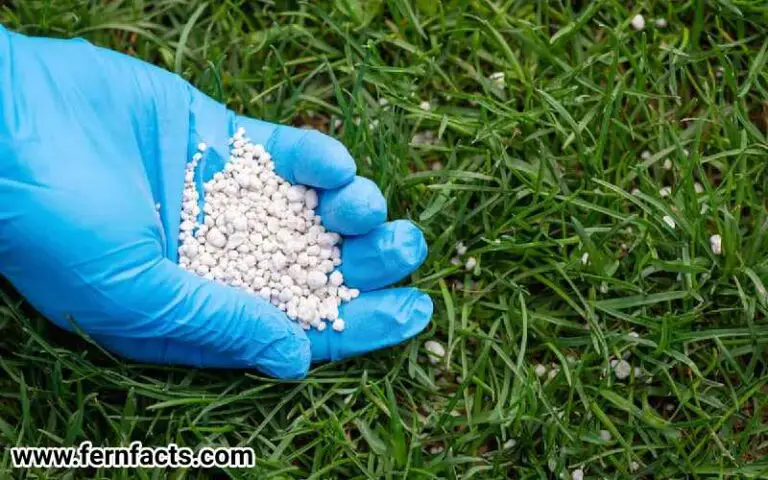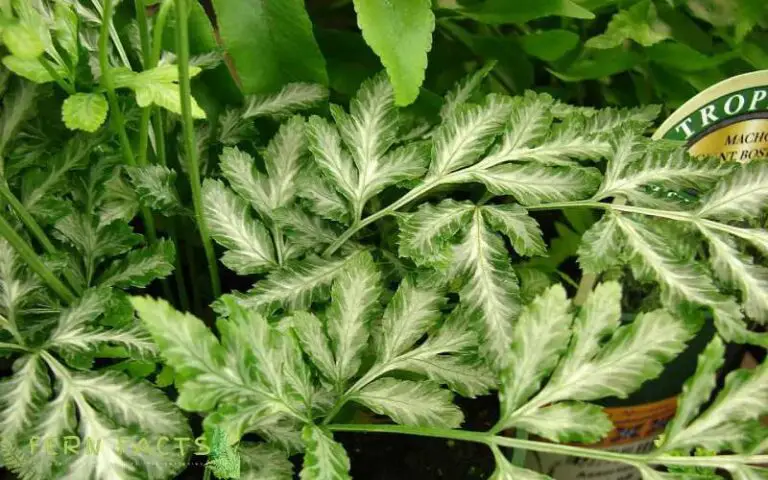Why Does My Fern Smell?
Do your ferns smell bad? Do you know the reason for their bad smell? Although few ferns have their own odor or natural scent and some don’t have any scent they are odorless.
Apart from this reason, there might be some other reasons for your ferns to have a bad smell. Hereby in this article, I’ll give you the reason behind your smelly ferns, along with how to prevent those bad smells.
Additionally, I’ll provide you with some basic caring tips so that you can have flourishing growing ferns in your house. Let’s start with the topic.
Reasons for Smelly Ferns
There might be some possible reasons for ferns to have particular smells. Here are those:
Overly Soaked Soil
Sometimes, unintentionally you overwater ferns. For that reason, the soil remains soggy and mushy all the time. All the proponents mixed up with water and created a natural humid smelly atmosphere in the soil.
If the water stays for too long in the soil, they become waterlogged in the soil. Even sometimes poor soil texture couldn’t drain out excessive water which later led the soil to have a mushy smelly condition with a bad smell.
That overly soaked soil creates musty smells due to low oxygen conditions.
Rotten Roots
Eventually, overly soaked soil can lead your ferns to have root rot. Your overwatering habit can be one possible reason that your ferns smell bad.
If the soil remains waterlogged for too several days, then there might be bacteria and other fungus that can infect the roots.
All these bacteria and fungi produce a bad smell on the surface of the soil. Ultimately, the roots of your ferns start to rot. Thus, your ferns will smell bad.
Natural Scent of Ferns
Another possible reason could be their natural odor. Ferns have their own smells. Some ferns smell like earthy soil or earthy textured smells, some ferns have a scent like spicy.
Similarly, some ferns smell humid and damp after rain smells earthy. Ultimately, few ferns have their own natural smells and some ferns are odorless which means they don’t have any smells.
So you might have brought ferns which have their own fragrance or scent. Ferns like common polypody, cinnamon, and ostrich ferns have their own natural scent in it.
On the other side, there are few ferns that don’t have any smells or scent, such as Boston ferns, shield ferns, royal ferns, bird’s nest ferns, staghorn ferns, Lady ferns, and Christmas ferns. All these ferns have no fragrance.
Blight (Botrytis Blight)
Blights could be another possible reason for your plants to have bad smells. This blight also known as gray mold gives dusty patches like tan and gray on the plant’s foliage.
Ultimately, these gray mold dusty patches might create musty smells or odor which lead your plants to have bad smells.
Since they are contagious, it won’t take time to spread the infection from affected to non-affected fronds where the smells will become more prominent day by day.
How to Prevent Ferns’ Bad Smell
Well, ferns have their own natural smells or scent. So you can do with their natural smells or can’t get rid of the natural odor.
But If you don’t like the smell of your ferns then you can simply place them outside of your house so that you can be less affected by those contagious smells. Alternatively, you can buy odorless ferns as well indoors.
Avoid Over Watering
Since overly soaked soil and rotten roots are the primary issues of your ferns to have bad smells. Ultimately it’s a sign of over-watering.
Since you overwater your ferns, therefore your fern’s soil gets soaked too much and eventually roots start to rot.
Since overwatering is the real culprit, then you need to be careful with your watering techniques. Make sure you pour water according to your ferns’ needs and requirements.
Uncertainty watering can cause your ferns to have bad smells as well as kill your plants. If you can’t understand the water requirements, simply use a thumb technique to check the water.
In this process, press your thumb in the soil, if the soil produces water don’t water the plants. Wait for a few days to dry out. If you see no water coming through the soil, then you can water the plants.
preventing root rot of ferns
By repotting and Replanting your ferns to different pots with new soil you can prevent root rot of your ferns. However, if the roots are severely injured then there is less possibility to save the plants at that moment. Conversely, at the initial stage, you can prevent root rot by repotting the plants. In order to save your plants from root rot, wash away the plant’s soil with water so that any bacteria and fungi are washed away with water. Then, choose a pot 2 inches bigger than the previous one. Then, fill the container with new potting soil mix like organic compost, peat moss, vehicular, etc. Try to choose soil with a good drainage system so that water doesn’t getogged in the future. Then repot your ferns in the new container. Avoid taking any infected or rotten roots. You can also cut or prune the infected area from the roots and then plant it in the pot.
Preventing Fungal Disease
Additionally, to prevent fungal disease you can use any fungicides or insecticidal soap that will help to revive your plant’s healthy growth.
Follow the label instructions thoroughly or use that fungicide until your ferns fully recover. Try to be consistent; remember your patience and consistency can save your ferns.
Similarly, try to increase the humidity around your ferns; it will also help to bounce back your ferns. You can also trim or cut the dead, damaged, or unshaped fronds in order to reduce spreading to the healthy sides.
Basic Caring Tips for Healthy Growing Ferns
Since ferns are very low maintenance which means they require little care and effort to grow and thrive in nature.
That’s why by giving them their ideal light conditions, temperature, humidity, and fertilizer You may give them a healthy thriving life to live. Hence,
- Give them their ideal lighting such as partial to fully shaded places with a bright atmosphere. Besides trying to give them filtered or dappled lighting to grow properly Some ferns can tolerate full sunlight however excessive sun exposure can burn out their fronds.
- Similarly, according to your fern species, try to maintain their ideal humid atmosphere and temperature. This will eventually give you healthy growing ferns at your house.
- Furthermore, fertilize your ferns in the course of their growing seasons. It will boost their growth and also give them a thriving life.
- Lastly, repotting, pruning and minimalist pests are issues for your ferns when it’s necessary. This will also help your ferns to grow simultaneously.
All this easy maintenance will enhance your ferns’ growth and will bless them to a healthy life.
Wrapping Up
Fern are naturally enriched plants that have multiple characteristics. However, if your ferns smell that might be their natural odor or scent. Or else, overwatering, rotten roots and blight have given your ferns a hard time where your ferns are smelling bad. That’s why, try to avoid overwatering which will automatically reduce rotten roots and fungal disease problems. Hence, by giving them their favorable conditions, you can enjoy lush bushy appearance ferns in your house.







